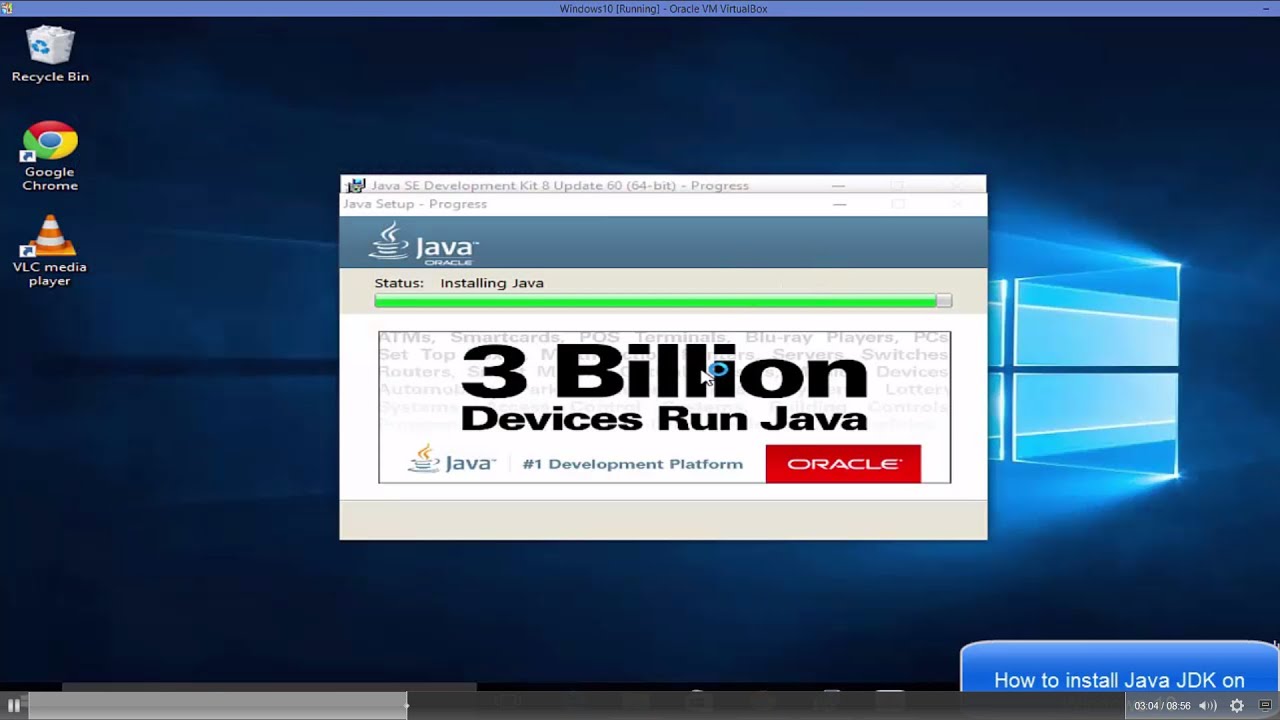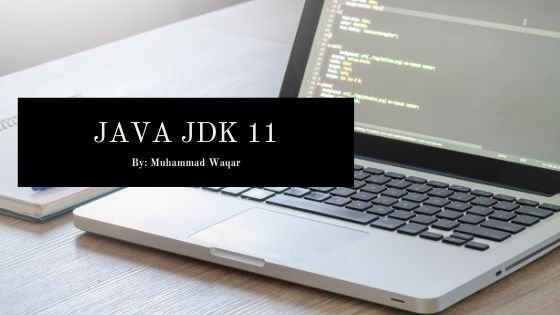


Please don’t hesitate to give it a try! Your feedback and suggestions are very important to us and will help shape our product in future. Please let us know if you have any questions or feedback. Hope the information we are providing in this blog can help you smoothly and quickly upgrade to Java 11 for running VS Code for Java, while you can continue working with a different version of JDK for your project. Restart VS Code, and now you are set to go. For details of how to configure, please refer to JDK for Projects document.ĥ. This is the configuration determining your project’s JDK.

In Settings view, search for configuration “ ”, specify JDK(s) for your project, and save. In Settings view, search for configuration “ ”, set its value to the root of your JDK 11’s installation path, and save.Ĥ. A Settings view will be launched in your editor window.ģ. Open VS Code and open File> Preferences > Settings menu. Download and install a Java 11 JDK, if haven’t.Ģ. How to upgradeįor a smooth and quick upgrade to Java 11 for running VS Code for Java, here are steps we suggest you follow:ġ. Our Configure JDK document provides more details. Behind scene, JDKs for your project and for running VS Code for Java are specified by configurations of and respectively. That means, you can continue developing your project with version 1.5 or above. This is NOT a requirement to your project. Clarification of Java 11 requirementįirst of all, Java 11 as minimum version of JDK is a requirement only for running VS Code for Java, and to be more specific, it’s a requirement for running the Language Server for Java extension. In this blog, we will explain the requirement itself and provide steps for you to upgrade smoothly and quickly without impact your project. Since the introduction of Java 11 requirement for running VS Code for Java, we have constantly heard from our users that they thought Java 8 is no longer supported, which is NOT true.


 0 kommentar(er)
0 kommentar(er)
